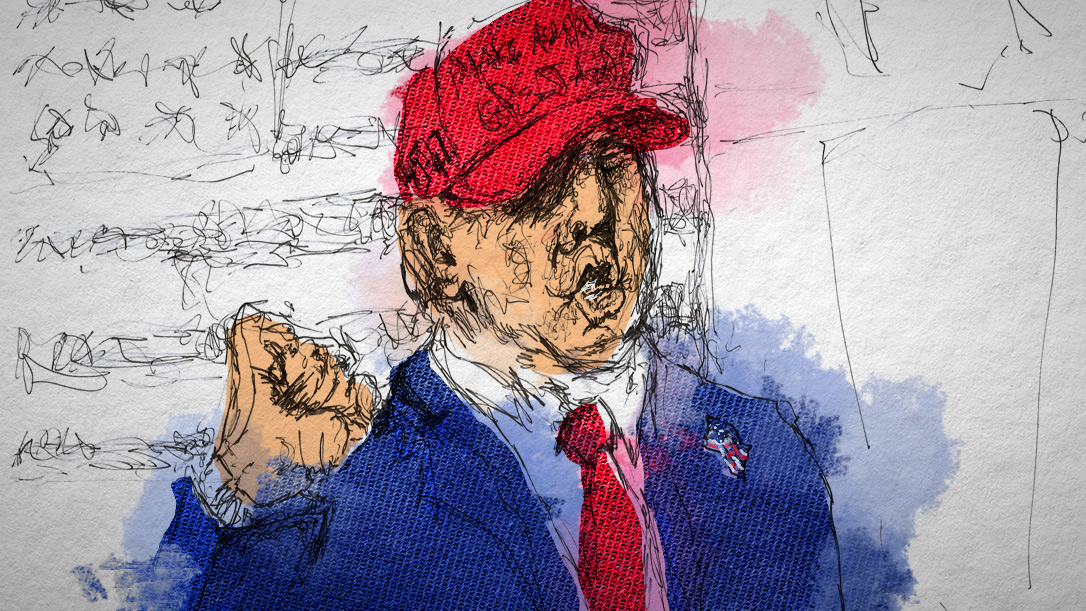Looks like barring a miracle, Trump will be back in the White House this January. I cannot profess to understand the nuances of American politics which, from this side of the Atlantic, appear more pantomime than Aladdin.
I would understand if the Donald’s return was due to a flagging economy, but the US has had the best growth of all leading economies recently and leaves the UK and Europe in its wake. Trump’s election makes a nonsense of Bill Clinton’s mantra of “it’s the economy, stupid” – if it were the economy the US would have voted overwhelmingly Democrat.
I suspect Trump has won as he appears more aligned with the interests and concerns of the average American working-class family. Tell them the economy is doing well and they will retort that they are struggling to make ends meet due to rocketing food and petrol prices and rising interest rates on their loans. If you find it odd that the poorer-off in America look to a privileged son of a billionaire to improve their lot, then join the club. It’s a complete mystery to me. But then again, in 2019, Labour’s red wall elected old Etonian Johnson as UK Prime Minister, which no doubt surprised our American cousins and our European neighbours (although Johnson was facing-off against Corbyn, who was significantly less accomplished than Kamala Harris).
“It’s a complete mystery to me”– Gary Reynolds, CIO
What does it mean for markets? Long term interest rates rose in early trading in anticipation of the US running a big budget deficit during Trump’s term, although for different reasons to the Democrats. Trump has promised smaller government with big tax cuts whilst the Democrats have delivered higher public spending with higher taxes. Either way, the deficit remains and looks baked into long-term market expectations. That makes softer borrowing costs unlikely unless, of course, Trump removes Jerome Powell as Chair of the Federal Reserve and engineers cuts in US interest rates. If that happens, the US economy could really take-off (think “roaring twenties”) but a bust will follow, especially if big tariffs push up the costs of necessities for the average American family. It would be ironic for lower paid Americans if their self-appointed saviour makes their cost-of-living crisis even worse.
We have long warned that larger US tech companies are testing fatuous valuations. This has not changed and, if anything, a new Trump term may benefit the broader economy and cause a rebalance. What is pretty certain, however, is that with a continual large government deficit we are not returning to the ultra-low interest rates of the last 15 years. Bond investors will be demanding a much bigger premium to compensate for inflation risk so near-zero mortgage rates will soon be a distant memory and become just stories that Millennials and Gen-Zs tell their disbelieving grandchildren, just as we Baby Boomers tell our children and grandchildren about 15% interest rates. They are more likely to see the latter than the former.
We are watching markets as news unfolds and will keep you posted regarding developments.













